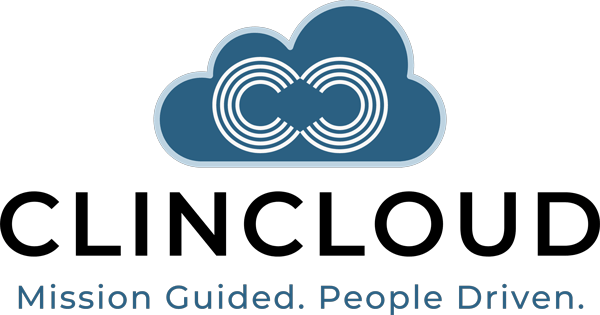Don’t Forget About Your Brain: An Active Approach to Aging

We all care for our physical health. For example, we visit the dentist every six months for oral cleaning or see our primary care physician for regular blood tests and general physical examination check-up. Women over the age of 40 get their annual mammograms, but when do we check our brains?
We notice signs of forgetfulness and mood change in our older age, then we decide to consult a neurologist and request a memory evaluation when it is often -too late.
So, whether it is age-related or memory concerns, why wait until then to get evaluated when we can be proactive about our brain health and have an active aging?
What Is Brain Health?
Brain health is a term that refers to how well one’s brain performs in various areas. It is about maintaining optimal brain function and minimizing risks to the brain as you age. The decisions you make to maintain a healthy body may also benefit your brain. These choices help the brain to deal with the changes that come with aging and may lower your risk of developing dementia in the later stages of life. Therefore, it is paramount to act now to keep your brain functioning at its maximum level in the future. Lifestyle is key, as it is reflected in the long term.
Ways To Promote Brain Health
1. Stay Physically Active
Being physically active is easier than you may think!
It does not have to happen all at once. Start by dividing activities across the week to complete 150 minutes of exercise which is recommended. For example, on Monday you can go for a 30 minutes walk and on Tuesday you exercise at home for thirty minutes. On Wednesday, you can go ride your bike or take your dog for a long walk. Research recommends that regular exercise/walking five times a week for thirty minutes helps to keep blood pressure, cholesterol, and stress in check, all of which are important for a healthy brain and healthy heart.
2. Sleep Well
90% of our health and longevity is in our hands!
Our brain works hard all day and requires adequate time to recharge. Don’t just charge your phone-charge your brain as well!
Without sleep, you cannot perform well. A bad sleeping routine affects your concentration, memory, and mood. As a result of aging, older individuals cannot sleep deeply. They wake up frequently during sleep. Therefore, medical professionals recommend older adults sleep seven to eight hours every night, (even if interrupted). So, rest well.
3. Eat healthy
Eat smart and think better.
You are what you eat! If you are a carnivore like me, it’s ok, but learn to reduce the frequency. Incorporate fruits, whole grains, berries, vegetables (particularly green leaves), nuts (including almonds), olive oil, and seeds.
4. Challenge Your Brain
Use it or lose it!
The brain performs at its best when faced with new challenges. You must use your brain, just like you must use your muscles, or you will lose them both. Learning new things as you become older helps you stay mentally active and improves memory and concentration. For this purpose, with today’s technology there are no excuses -get your computer, tablet, or phone and play Sudoku, chess, crosswords, practice basic math problems without the use of a calculator, and practice reading comprehension. If you are not into technology, get with other people in the community and play games. Anything to keep your mind sharp and active is great!
5. Be Social
Stay connected!
Social interaction and spending time with those you care about is beneficial to the brain. It can improve your ability to think clearly and reduces your risk of developing age-related changes and dementia.
With age comes transition. By applying the simple life adjustments above, you become an active participant in your health, and aging while you set yourself and your brain up for success for years to come. And remember lifestyle is key!
